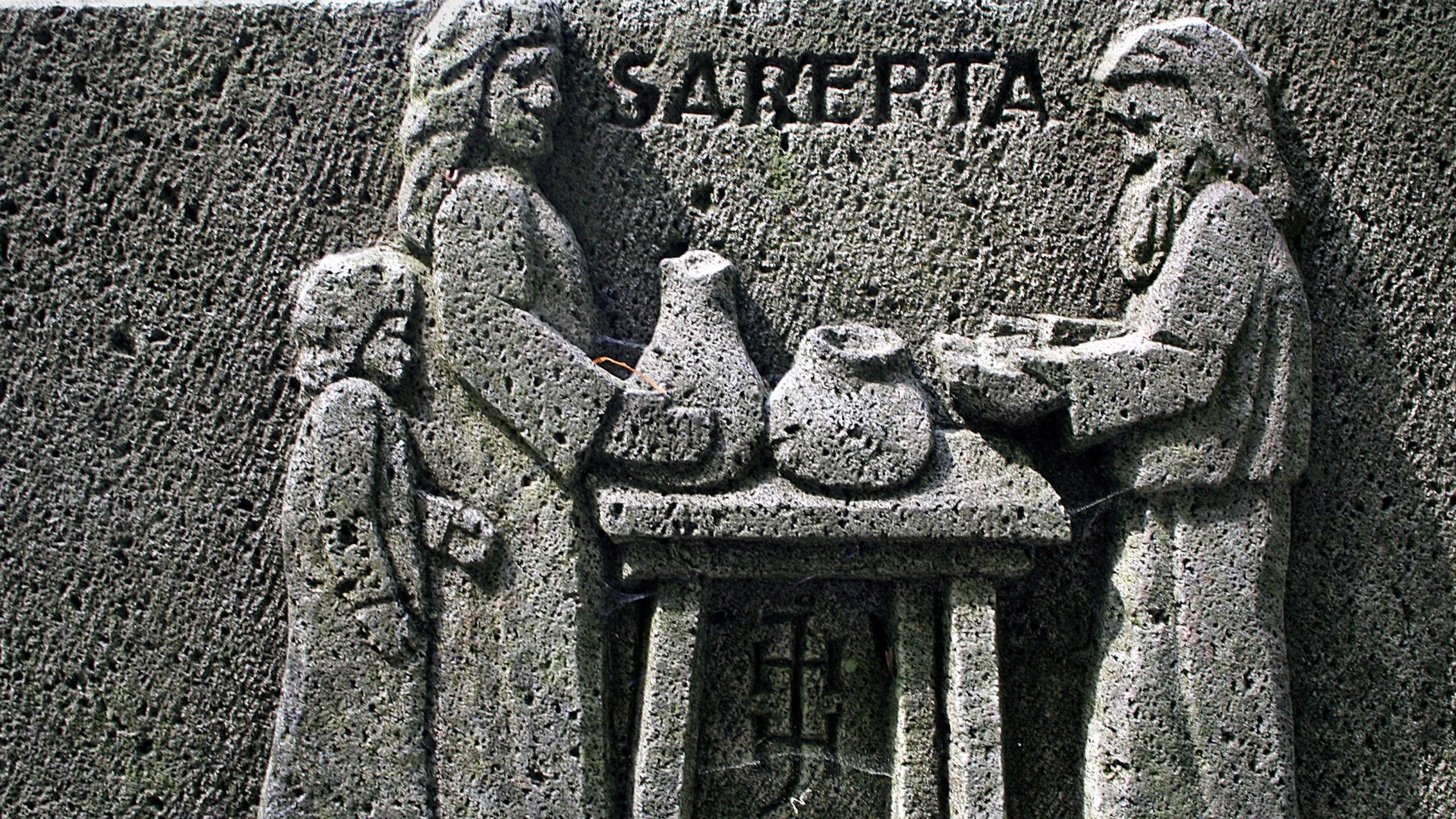
1 Kings 17:17-24
A Women’s Lectionary – Transfiguration of the Lord
17 AAfter thisB the sonC of the woman,D the mistressE of the house,F became ill;G
his illnessH wasI soJ severeK that there was no breathL leftM in him.
18 She then said to Elijah,N “What have you against me, O manO of God?P You have comeQ to me to bring my sinR to remembrance,S and to cause the deathT of my son!”
19 But he said to her, “GiveU me your son.” He tookV him from her bosom,W carried him upX
into the upper chamberY where he was lodging,Z and laidAA him on his own bed.BB
20 He cried outCC to the Lord,DD “O Lord my God, have you brought calamityEE even upon the widowFF with whom I am staying,GG by killingHH her son?”
21 Then he stretchedII himself upon the childJJ threeKK times,LL and cried out to the Lord,MM
“O Lord my God,NN let this child’s lifeOO come into himPP again.”QQ
22 The Lord listenedRR to the voiceSS of Elijah; the life of the child came into himTT again, and he revived.UU
23 Elijah took the child, brought him downVV from the upper chamber into the house, and gave him to his mother;WW then Elijah said, “See,XX your son is alive.”YY
24 So the woman said to Elijah, “Now I knowZZ that you are a man of God, and that the wordAAA of the Lord in your mouthBBB is truth.”CCC
Image credit: Detail of “Simon’s Fountain” at the Abbey of Hans-Joachim Hippel – “The Prophet Elijah Helps the Widow of Sarepta,” 1983. Photo by Lothar Spurzem, 2006.
